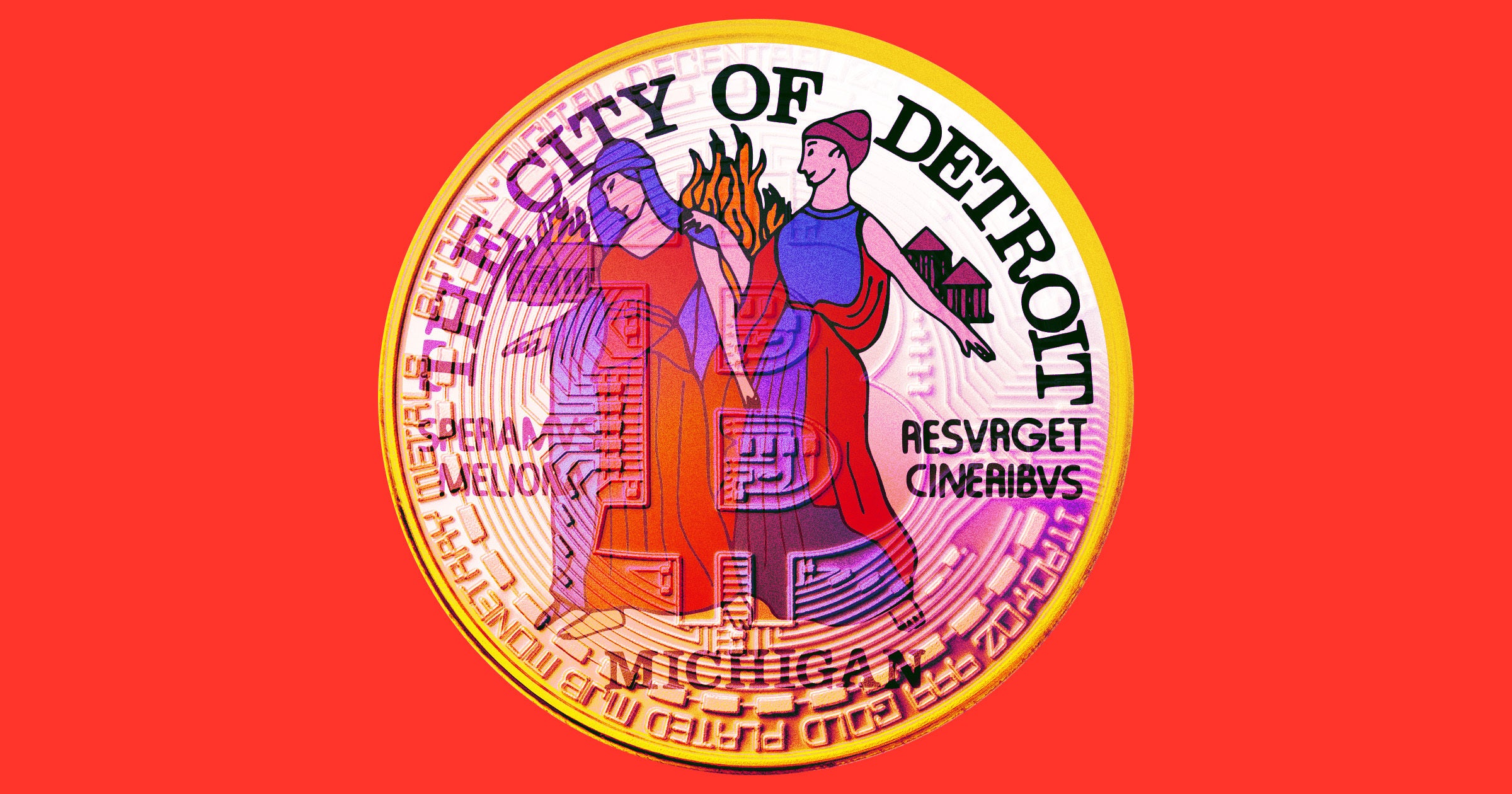D
etroit, a city accustomed to fighting against adversity, is now taking on a $93 million crypto real estate scheme. The city has filed a massive lawsuit against RealToken, a cryptocurrency business that's buying up hundreds of subsidized housing units and selling them in tiny increments to international investors through a process called "fractional ownership." This exploitative practice was first exposed by Outlier, which found that RealToken properties are plagued by squalid conditions, neglectful property managers, and arbitrary evictions.
RealToken operates through 165 shell companies and owes the city over $3 million in unpaid fines and commercial property taxes. The city's lawsuit alleges that RealToken has profited from its communities while ignoring basic legal obligations as a landlord and property owner. Detroit officials argue that neighborhoods are not investment portfolios, but homes for residents.
RealToken claims it has no direct interaction with the properties it buys on the blockchain, but the city disputes this, citing numerous correction orders and blight violations that went unaddressed. The lawsuit covers over 400 RealToken properties, none of which comply with city code. Detroit alleges that the company is responsible for systemic code violations, evading responsibility through a complex web of LLCs and shell companies, and posing a danger to public health and safety.
This lawsuit is a major test for the blockchain real estate industry, which includes similar schemes like Foreclosure Token. Councilmember Angela Whitfield Calloway calls this "exploitation," not innovation. The city's press release notes that this may be the first lawsuit of its kind targeting a blockchain-based property investment platform for nuisance-related violations at scale.













